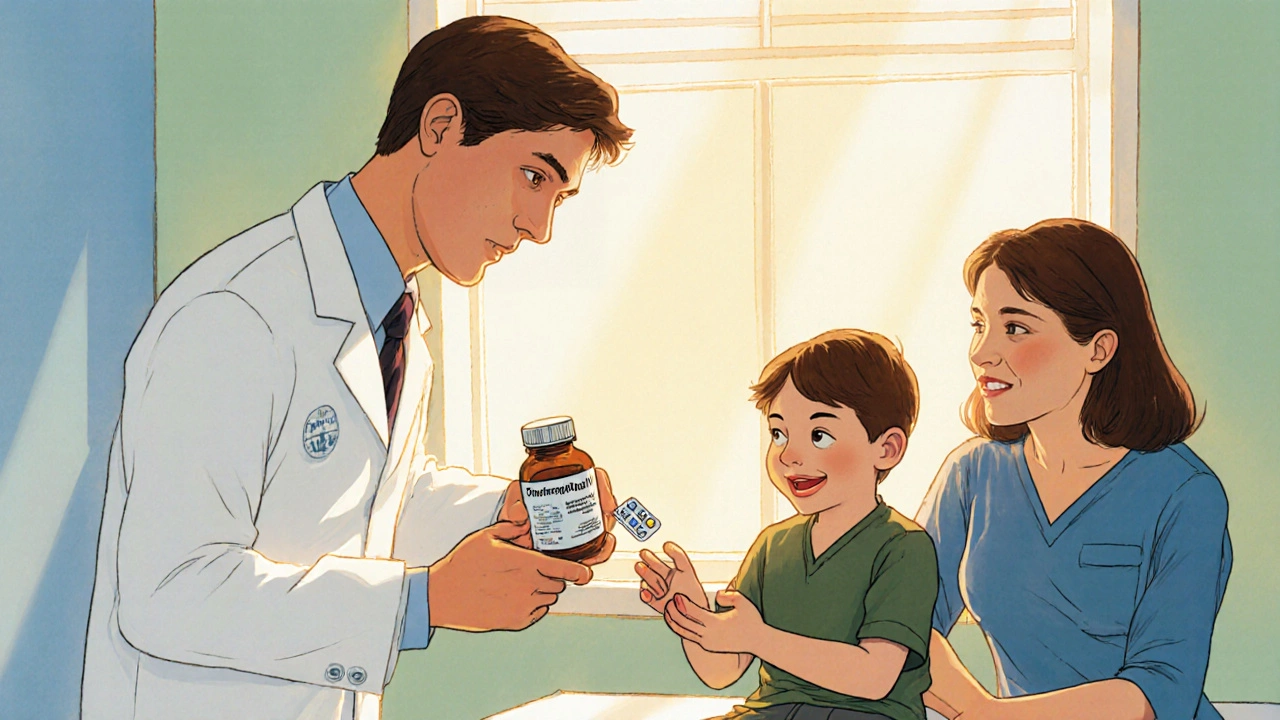Chemotherapy: What It Is, How It Works, and What You Need to Know
When you hear the word chemotherapy, a medical treatment that uses powerful drugs to destroy cancer cells. Also known as chemo, it's one of the most common ways to treat cancer, often used alongside surgery or radiation. It doesn’t just target tumors—it hits any fast-growing cells in your body, which is why side effects like hair loss, nausea, or fatigue happen. But it’s also one of the most effective tools doctors have to stop cancer from spreading.
Chemotherapy isn’t one single thing. There are chemotherapy drugs, a wide range of medications designed to attack cancer in different ways, from alkylating agents to taxanes. Each works differently—some damage cancer cell DNA, others stop them from dividing. The choice depends on the type of cancer, how advanced it is, and your overall health. Many people get a mix of drugs, called a regimen, to increase effectiveness. And while some treatments are given in a hospital, others can be taken at home as pills or through a portable pump.
Side effects are real, but they’re not the same for everyone. chemotherapy side effects, the unwanted reactions caused by chemo drugs affecting healthy cells can include tiredness, mouth sores, low blood counts, or changes in appetite. But modern medicine has made managing these much easier. Anti-nausea meds, growth factors to boost blood cells, and nutritional support help people stay stronger during treatment. Many patients keep working, traveling, or spending time with family—because chemo doesn’t have to mean putting life on hold.
People often think chemotherapy is only for advanced cancer, but it’s also used early on to shrink tumors before surgery, or after to kill any remaining cells. It’s even used for some non-cancer conditions like severe autoimmune diseases. The goal isn’t always to cure—it can be to control, to slow down, or to give more time with quality of life.
What you’ll find in the posts below isn’t just a list of drug names or clinical jargon. It’s real advice from people who’ve been through it, and guides that break down how treatments work, how to handle side effects, and how to talk to your care team. You’ll see comparisons between drugs, tips for staying strong during treatment, and what to ask your doctor before starting. Whether you’re a patient, a caregiver, or just trying to understand, this collection gives you clear, practical info—not fear, not fluff, just what you need to know.

Chlorambucil in Pediatric Oncology: How It Treats Childhood Cancers
Explore how chlorambucil works in pediatric oncology, the cancers it treats, dosing, side‑effects, and tips for families caring for a child on this oral chemotherapy.
Read more